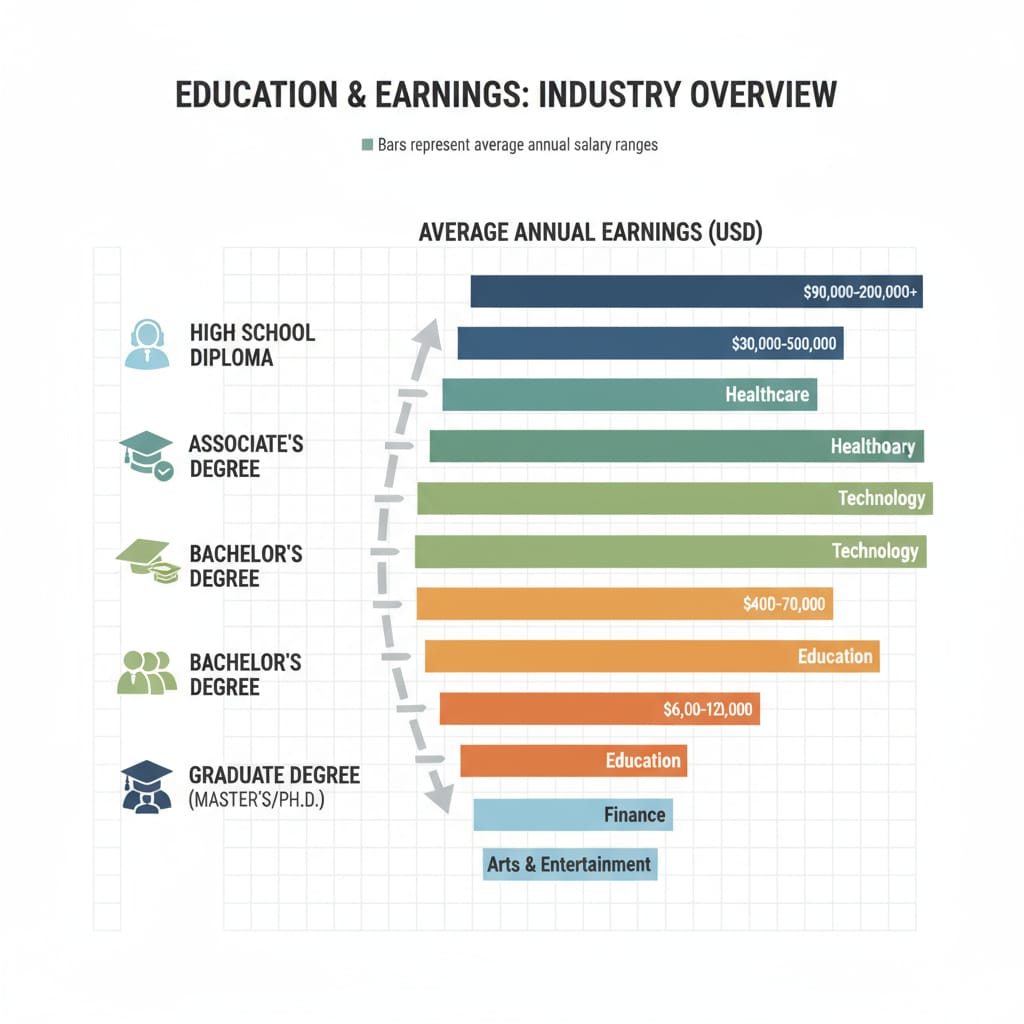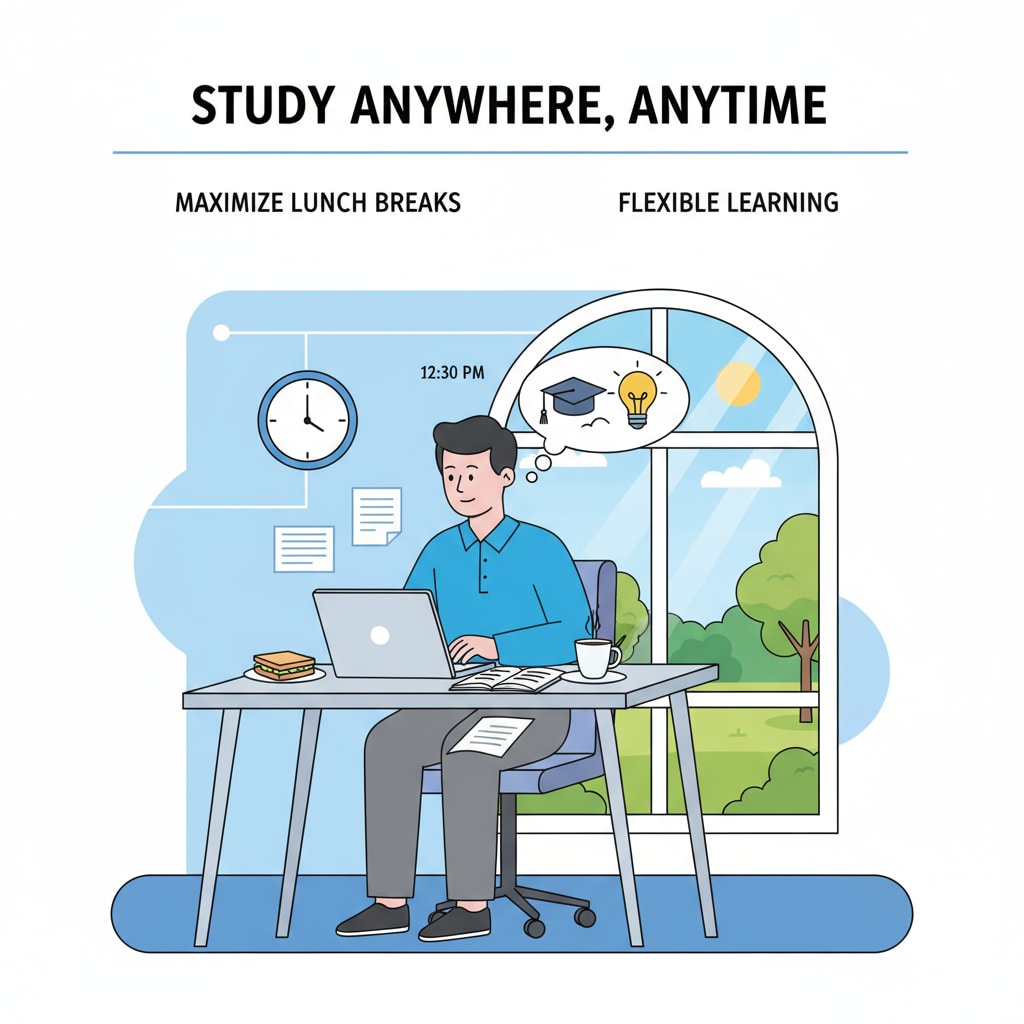In today’s competitive job market, educational requirements, career development, and continuing education have become crucial topics for working professionals. Many individuals find themselves in a situation where they need to enhance their academic qualifications to advance in their careers, but the challenge lies in doing so without sacrificing their current job commitments.
The Impact of Education on Career Progression
Education is often a key determinant of career advancement. Higher degrees can open doors to more senior positions, better pay, and increased job security. For example, a study by the Bureau of Labor Statistics shows that individuals with a master’s degree typically earn significantly more than those with only a bachelor’s degree in many fields. This clearly demonstrates the positive correlation between education and career prospects. As industries evolve and become more specialized, employers are increasingly looking for candidates with advanced knowledge and skills, which often come with higher educational attainment.

Flexible Education Paths for Working Adults
Thankfully, there are now numerous flexible education options available for those who want to pursue degrees while working. Online learning has revolutionized education, allowing professionals to study at their own pace, from anywhere in the world. Institutions like Coursera and edX offer a wide range of courses and degree programs in collaboration with top universities globally. These platforms provide high-quality education that fits around work schedules. Another option is part-time or evening classes at local colleges or universities. This allows students to attend classes after work hours, minimizing disruption to their work lives. Additionally, some institutions offer accelerated degree programs that enable students to complete their degrees in a shorter time frame, ideal for those who want to quickly boost their qualifications.

To successfully balance work and study, it’s essential to plan effectively. Create a detailed schedule that allocates specific time slots for study, work, and personal life. Set realistic goals and break down large tasks into smaller, manageable ones. For example, if you have an assignment due, divide it into smaller parts and work on them gradually over time. Communicate openly with your employer about your educational aspirations. Some employers may offer support, such as tuition reimbursement or flexible work arrangements. Take advantage of available resources, like libraries, online study groups, and tutoring services. Finally, don’t forget to take care of your physical and mental health. Make time for exercise, relaxation, and social activities to avoid burnout.
Readability guidance: By following these strategies, working professionals can successfully pursue education, meet educational requirements, and enhance their career development through continued education. It’s a challenging but rewarding journey that can open up new opportunities and lead to long-term career success.


